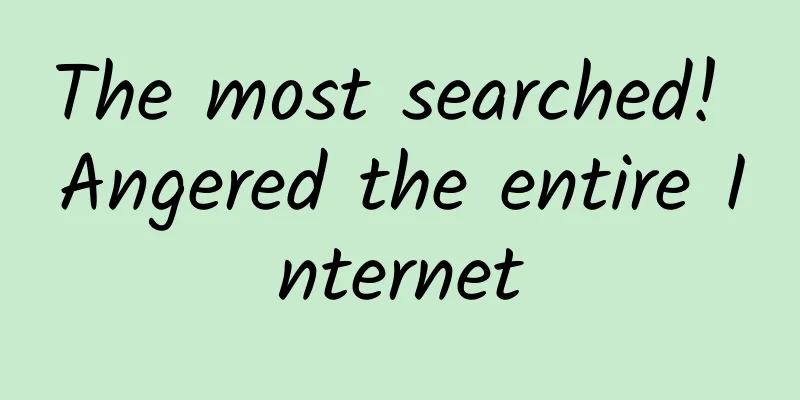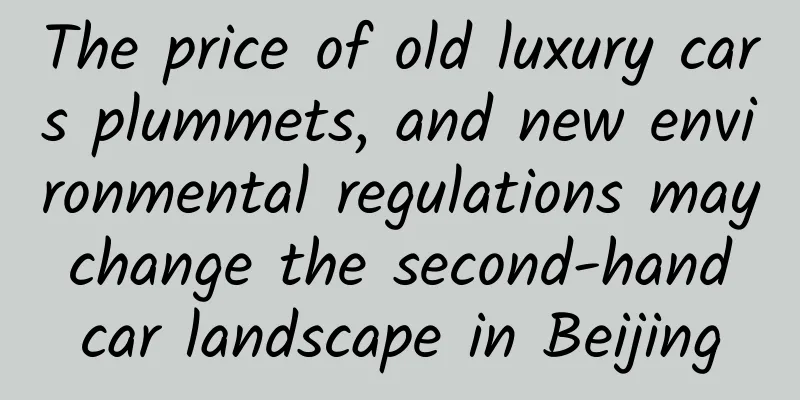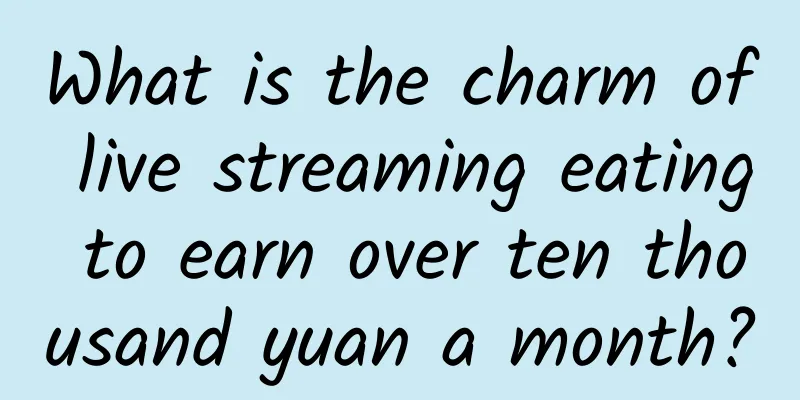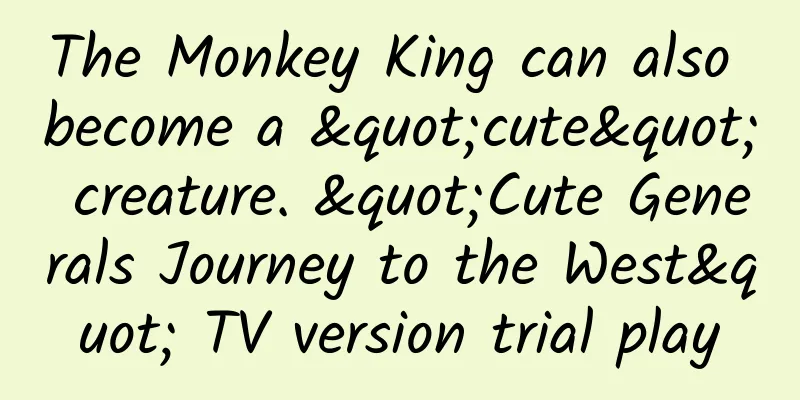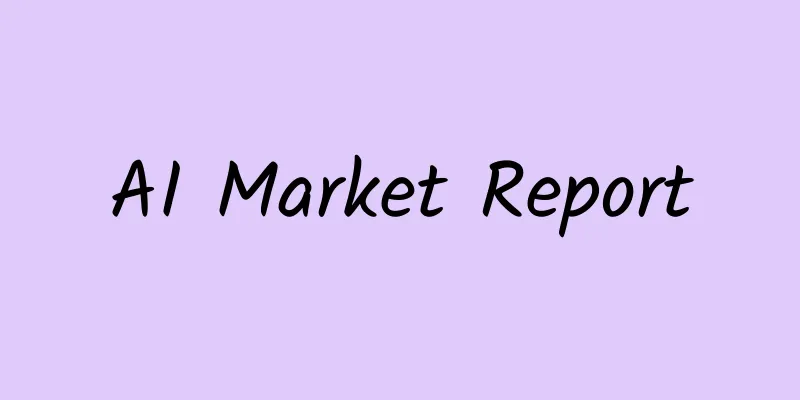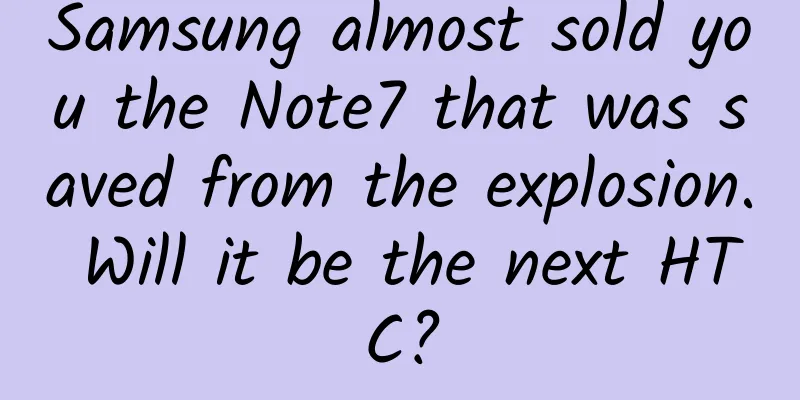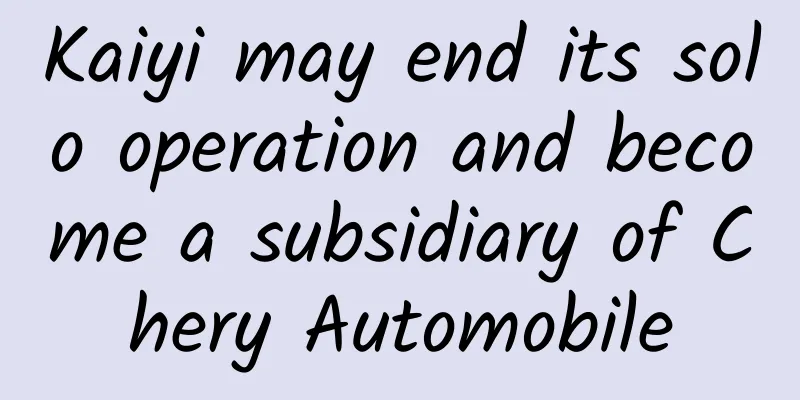Alibaba campus recruitment: Talking about interviews and interview questions
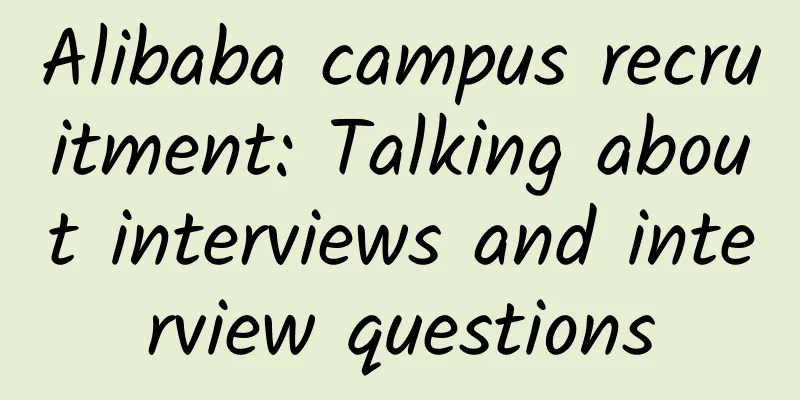
|
About interview questions Interview questions are often the most sought-after thing when preparing for an interview. But I want to make a slightly unbelievable point here: don't prepare for interview questions. “Why are manhole covers round?” “How many cars are there in the world?” I don’t know how many “Microsoft interview questions” and “Google interview questions” are circulating on the Internet. In fact, it is quite the opposite. These unreliable interview questions are not difficult to understand just because they are interview questions from Microsoft and Google. The reason why such questions appear is that they are extremely unreliable, which reflects the interpretation of these big companies that "the process is more important than the answer" and their confidence in the ability of their interviewers to control the interview. For a qualified interviewer, questions are just the starting point of a topic. Therefore, a carefully prepared answer may completely collapse after a follow-up question from the interviewer, and an interviewee who hesitates at the beginning may also show his or her ability under the interviewer's gradual guidance. I often mention a point of view that interviews are different from exams. You may pass an interview because you answer one question well, or you may pass it because of a poor answer. In fact, interviews only have results, not scores. Imagine the following scenario: "Can you explain what the 302 status code in the HTTP protocol means?" "I don't remember." (0 points) "Can you explain what the 302 status code in the HTTP protocol is?" "Oh, I can't remember clearly. I only remember that 404 means page not found, 304 means it can be read from the cache, and 5xx means server error" (extra points for understanding certain HTTP status codes) "Can you explain what the 302 status code in the HTTP protocol means?", "Oh, that should be a server error, right?" (Tends to fail the interview, tries to guess and confuse when he doesn't understand, this trait is not good for the job) You see, the same question, the same situation where the candidate doesn’t know the answer to the question, but the results are very different. Therefore, when facing interview questions, the process is more important than the results. It is meaningless to worry about the questions and prepare answers. What should you do during an interview? Here are some suggestions: Clarify the question and communicate with the interviewer to confirm if necessary to avoid misunderstandings. Not only understand the question, but also think about the interviewer's intentions Don't rush to answer. You can analyze the problem first, list actual examples, and buy time to think. Not limited to answering questions, you can take the initiative to explain relevant knowledge based on your understanding of the interviewer's intentions and demonstrate your systematic thinking in related fields Acknowledge what you know and don't know directly. Don't be perfunctory or guess. If you can't remember something clearly, you can ask the interviewer for hints. The above four points can only be used in interview scenarios, which is why I said that "interviews and exams are different." About the debate In technical positions, there are often complaints like this: "What if the interviewer's technology is weaker than mine? What if the interviewer argues with me about technical issues?" Normally, interviewers should not and will not discuss technical issues with candidates. For example, if I think a candidate's answer is wrong, I will try to ask follow-up questions to see if the candidate can justify their explanation. If there are some conceptual errors, I will ask about their source until the other party is unable to answer. Of course, it is better to be safe than sorry. As a job applicant, what if you encounter such a thing and the interviewer is really wrong? Although the interviewer is naturally strong in such a scenario, there are actually some solutions. There are three points that can at least alleviate the problem: 1. Don’t deny the other party directly. Try to acknowledge the rationality of their point of view, and then refute it indirectly. 2. Demonstrate your reasoning process. Starting from the viewpoint that both parties agree on, reason layer by layer to reach your conclusion. During the process, constantly discuss and confirm with the interviewer. 3. Quote the source and use professional vocabulary, so that the interviewer will naturally be in awe of your point of view and dare not hastily deny it. For example: "Why is JavaScript an object-based language instead of an object-oriented language?" "JavaScript is obviously object-oriented?" (Tragic death, or unjust death) "Tell me why JavaScript is an object-based language instead of an object-oriented language?" "Oh, the preface of JavaScript's language specification ECMA262 mentions that JavaScript is an object-oriented language, and the ECMA262 glossary also mentions that JavaScript is an object-based language. In its definition, object-oriented means using objects as the main abstract tool to describe logic, and object-based refers to the basic library and runtime facilities, which are designed based on objects. So JavaScript is both object-oriented and object-based. I seem to have heard that JavaScript is an object-based language instead of an object-oriented language, but I can't remember it clearly because I think the language specification is more authoritative, hehe" (What he said was well-founded and gave enough face. At least I have to go back and weigh it...) In fact, "unreliable interviewers" rarely appear. Such emergencies cannot always be handled well. We have to try our best, and the rest depends on luck... About Resume Whether a person is suitable or not is largely determined before the interview. For an applicant whose resume looks qualified, the interview stage may just be to confirm the authenticity of the content on the resume. Some job applicants, especially fresh graduates, are easily influenced by various legendary stories and pursue excellence. In fact, a resume is just a carrier of information. No matter how good it looks or how carefully you make it, the most important thing is its content. So, what is the most important thing on a resume? It varies from position to position, but here are the things I look for on a resume for a technical position: Work experience, especially the last job, whether you have heard of the company name, company level, such as BAT, FLG, position Educational background, whether it is a top 2 school, whether it is a famous foreign school, whether it is a 985 or 211 school, whether it has won ACM competitions Contributions to the technical community, whether the blog has in-depth content, whether it is updated stably, and whether there are high-quality open source projects on GitHub Project experience, project size, complexity, and the Personalized content: technical perspective, personal growth experience, personal research content, learning methods When writing a resume, you must first understand that HR or supervisors generally only spend 1 minute reviewing your resume, so here are some suggestions: The less secondary information there is, the more important information stands out. Any complex layout will make reading more difficult. Color-changing highlights are very useful and can highlight key points, but using color-changing highlights everywhere is a disaster Skill lists, mastery and familiarity, which are of little value and occasionally cause trouble A common mistake fresh graduates make is to use various resume templates on the Internet and then piece together the content. They fabricate project experience when they don't have any project experience, and they find some companies started by relatives and friends to apply for consultant or even assistant to the president. These things will prevent the interviewer from seeing the truly valuable content. The correct way to write a resume is to use a piece of blank paper, write down the necessary personal information and contact information first, then list all the valuable things you think you have done and the honors you have received, arrange them in order from important to least important, and then do some simple classification and organization. Then, the question is, for many people, this list is empty? What should we do? My suggestion is, since it is blank, then don’t write it. Please focus on personalized content about your experience. Choose one from technical vision, personal growth experience, personal research content, and learning methods, and talk in depth about the efforts you have made. These may also impress the interviewer, which is a hundred times better than rigidly pieced together content. |
<<: Android M Developer Preview 2 Vulnerability Exposed
Recommend
The landing page conversion rate is low, and 90% of the traffic is wasted?
How do you design your landing pages? In bidding,...
You thought you were eating deep-sea salmon, but it was actually freshwater rainbow trout?
The name salmon comes from the Cantonese translit...
If this group of people are infected with influenza, use cough suppressants with caution! Symptoms may be masked
The year just passed There has been a lot of news...
Why do chickens lay eggs every day? Won't they get angry if their eggs are taken?
Chickens, as a kind of poultry that often appears...
When you can’t help wanting to eat, are you just craving for food or are you really hungry?
Audit expert: Taozi National Psychological Counse...
Are you hit? Let’s talk about the 7 deadly sins of mobile app interface design
Rules are made to be broken? It all depends on th...
How much does a SEM bidding specialist earn?
Every year, a large number of graduates study SEM...
Like function, use MySQL or Redis
The like function is a basic function in current ...
What changes will the emergence of mini programs bring to us operators?
On January 9, 2007, Apple CEO Steve Jobs unveiled...
Operation system [Introduction]: How to do promotion and marketing?
Today I will talk about three points: 1. Third-pa...
Lao Xiang Ji’s brand growth methodology has become so popular that it has gone viral!
Which is the hottest catering brand in 2020? The ...
The 5th Global Mobile Game Conference IP Matchmaking Conference King IP gives new vitality to the game
In the China (Chengdu) Digital Entertainment Festi...
Dismantling the operation and promotion strategies of 360, Xiaomi, WeChat and Oasis
What I will share today are the product operation...
B station product analysis report! (2019)
From 2009 to now, in ten years, Bilibili has grow...


